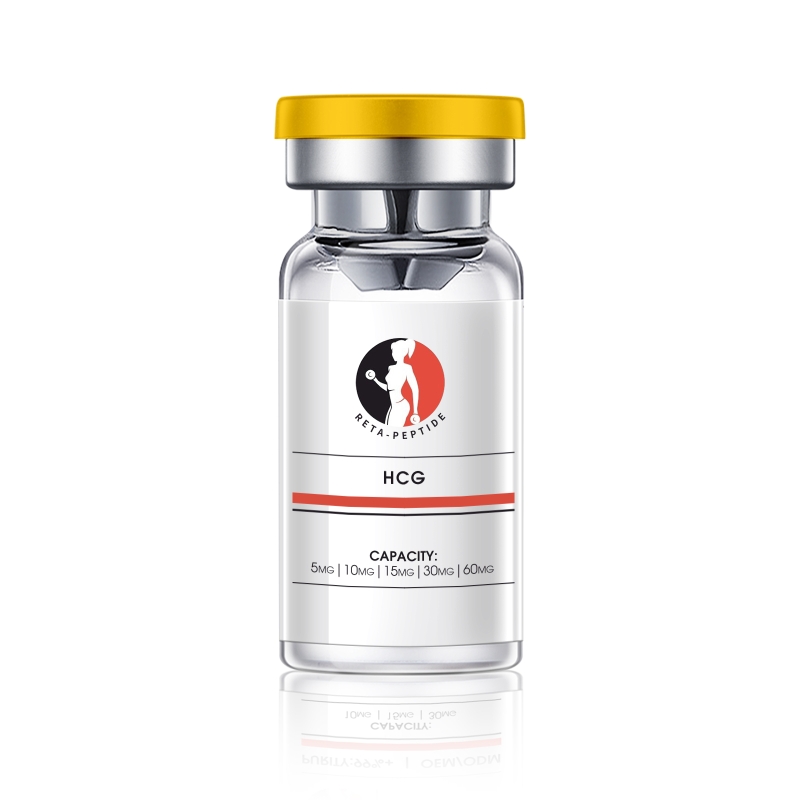-
Categories
-
Pharmaceutical Intermediates
-
Active Pharmaceutical Ingredients
-
Food Additives
- Industrial Coatings
- Agrochemicals
- Dyes and Pigments
- Surfactant
- Flavors and Fragrances
- Chemical Reagents
- Catalyst and Auxiliary
- Natural Products
- Inorganic Chemistry
-
Organic Chemistry
-
Biochemical Engineering
- Analytical Chemistry
-
Cosmetic Ingredient
- Water Treatment Chemical
-
Pharmaceutical Intermediates
Promotion
ECHEMI Mall
Wholesale
Weekly Price
Exhibition
News
-
Trade Service
Gas oils, also known as petroleum, are a type of hydrocarbon that are commonly used in the chemical industry.
They are a byproduct of the refinement of crude oil, and are obtained through the distillation and cracking of petroleum.
Gas oils are characterized by their low density and high boiling point, and they are often used as a raw material in the production of a variety of chemicals.
One of the most common uses of gas oils is in the production of lubricants and fuels.
They are used as a base for the production of motor oils, hydraulic fluids, and other lubricants, due to their ability to provide excellent lubrication and protect against wear and corrosion.
Gas oils are also used as a raw material in the production of jet fuel, diesel fuel, and other types of gasoline.
In addition to their use in the production of lubricants and fuels, gas oils are also commonly used in the production of a variety of chemicals.
For example, they are used in the production of plastics, such as polyethylene and polypropylene, due to their ability to act as a plasticizer.
Gas oils are also used in the production of detergents and soap, due to their ability to provide excellent cleaning properties.
One of the most important uses of gas oils is in the production of surfactants.
Surfactants are compounds that are used in a wide range of applications, including cleaning, emulsification, and solubilization.
They are used in a variety of personal care products, such as shampoos and soaps, due to their ability to provide excellent foaming and cleaning properties.
Gas oils are also used in the production of a variety of other chemicals, such as solvents, unsaturated fatty acids, and other derivatives.
They are used in the production of pharmaceuticals, due to their ability to act as a solvent and facilitate the absorption of drugs.
In recent years, there has been an increased demand for hydrodesulfurized gas oils in the chemical industry.
Hydrodesulfurization is a process that is used to remove sulfur compounds from gas oils, which can help to improve their quality and make them more suitable for use in a variety of applications.
The hydrodesulfurization process involves the use of catalysts, such as molybdenum and tungsten, to remove sulfur compounds from gas oils.
The process can be carried out under a variety of conditions, including high pressure and high temperature.
The resulting product is a gas oil that is low in sulfur content, which can be used in a wide range of applications.
Hydrodesulfurized gas oils are widely used in the production of lubricants and fuels, as they provide improved performance and protection against wear and corrosion.
They are also used in the production of chemicals, such as surfactants and solvents, and can be used in a variety of personal care products and pharmaceuticals.
In conclusion, gas oils, or petroleum, are a type of hydrocarbon that are commonly used in the chemical industry.
They are a byproduct of the refinement of crude oil, and are obtained through the distillation and cracking of petroleum.
Gas oils are characterized by their low density and high boiling point, and they are used as a raw material in the production of a variety of chemicals.
They are used in the production of lubricants and fuels, plastics, detergents, and other chemicals.
Additionally, with the process of hydrodesulfurization, gas oils can be further processed to remove sulfur compounds, making it more suitable for use in a variety of applications.







